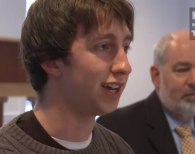"Part of the motivation of these attacks is to isolate those who they are attacking. To make the victims feel victimized. But thanks to the response of Bloomington United and the community we are made to feel that this is an attack not only on us but the values of the whole community." —Bloomington, Indiana resident
Watch Bloomington United: Ready to Respond to Hate
After Ku Klux Klan flyers blanket an Indiana University campus neighborhood, Rabbi Sue Silberberg leads Bloomington United as they plan a community response.
Blog
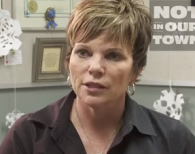
February 21, 2012 - 4:55pm
"Our students have become activists, often times they don't have to tell on anyone for bullying, they just handle it themselves, they intervene themselves. You'll walk around this campus and you'll hear kids saying, 'Hey, not in our school.' It's our theme and they live it."
—Lauri Massari, Del Sur Middle School counselor
Watch "Lauri Massari: How We Started Not In Our School"
Learn how one middle school counselor created an anti-bullying program at her school and spread it to the entire community.
This is a DVD extra from the PBS program, Not In Our Town: Class Actions. For more information on the film, visit niot.org/ClassActions.
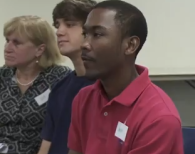
February 20, 2012 - 3:48pm
"My hope is progress because with all the things that we’ve done with One Mississippi—like we took a stand against the KKK when they came and the chant, and we’re trying to change the way people think about Ole Miss—I hope we continue to do the right thing."
—University of Mississippi student, One Mississippi
Watch "One Mississippi: Creating Dialogue on Campus"
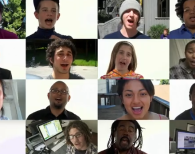
February 13, 2012 - 10:37pm
Talk About It. Your reactions to Not In Our Town: Class Actions.
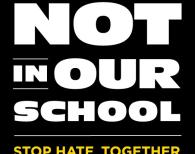
February 13, 2012 - 11:34am
Last week, Edutopia writer Suzie Boss spoke to Not In Our Town executive producer Patrice O'Neill and Not In Our School coordinator Becki Cohn-Vargas. In her article, "Students Standing Up to Bullying and Hate," Boss writes:
